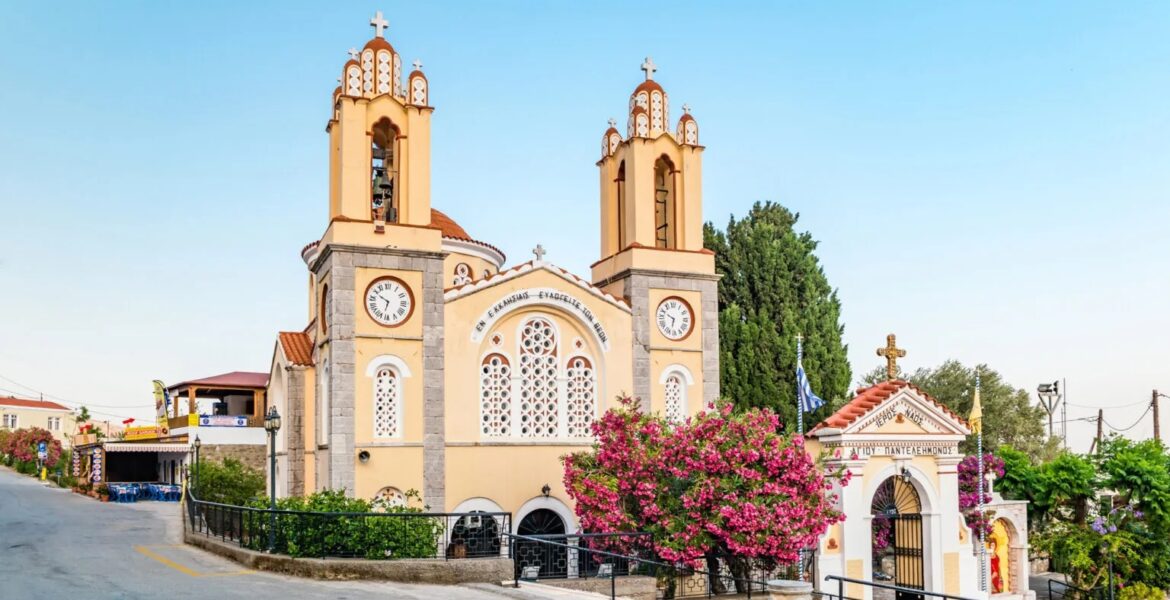A 4.9 magnitude earthquake struck the popular Greek island of Rhodes on Wednesday evening, as a heat warning remained in effect.
The tremor occurred at approximately 8:20 pm local time, as confirmed by both the Seismological Laboratory at the University of Athens and the United States Geological Survey.
According to a spokesperson from the European-Mediterranean Seismological Centre (EMSC), the earthquake was likely felt as a light vibration by people in the vicinity of the epicenter. However, they stated that significant damage was not anticipated based on preliminary seismic data.
Understandably, those with trips booked to Rhodes might be wondering if it’s safe to travel to the island following the earthquake. Here’s what we know so far.
Is it safe to travel to Rhodes in Greece?
Yes. According to local media, the damage was minimal. Flights are still operating to and from the island, and there has been no official advice issued against travelling to Greece.
Where was impacted by the earthquake?
While tremors were felt in Rhodes, the earthquake's epicenter was detected in the Aegean Sea, around 67km southwest of the island, according to the European-Mediterranean Seismological Centre (EMSC). Tremors were reportedly also felt in Türkiye.
What are your rights if you’ve booked a trip?
As the UK Foreign Office has not officially advised against travelling to Greece, it’s unlikely you’ll be able to cancel your trip without penalties. Your best bet is to check directly with your airline or travel provider.
What are the UK Foreign Office recommending?
Greece is still safe to travel to, according to the UK Foreign Office. Their safety and security page has the following advice on earthquakes.
Greece can experience earthquakes and earth tremors. You should:
familiarise yourself with safety procedures in the event of an earthquake
follow advice given by the local authorities
call the Greek Emergency Services on 112 if you are in immediate danger
The Greek General Secretariat for Civil Protection website has advice about what to do before, during and after an earthquake, and reports on incidents.

